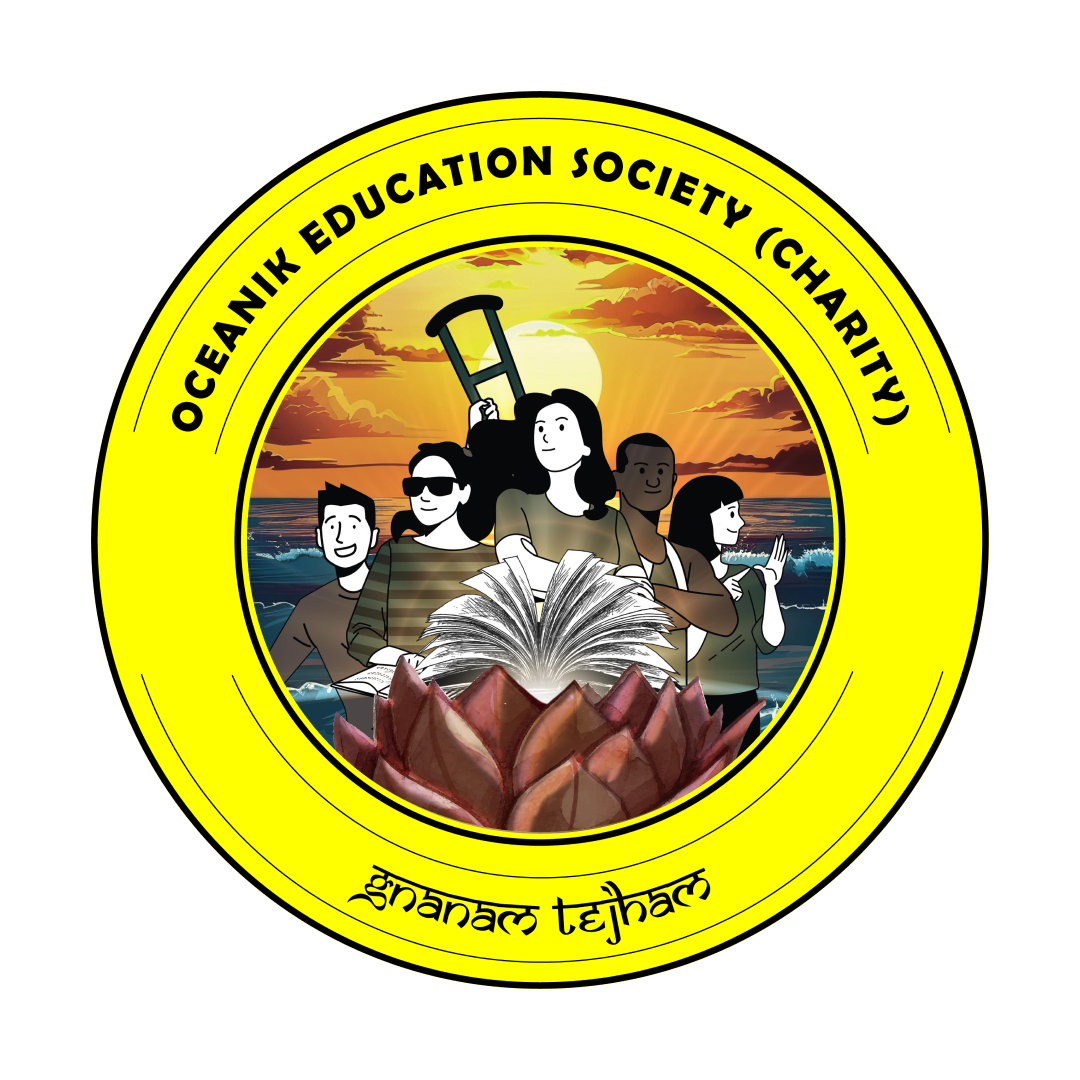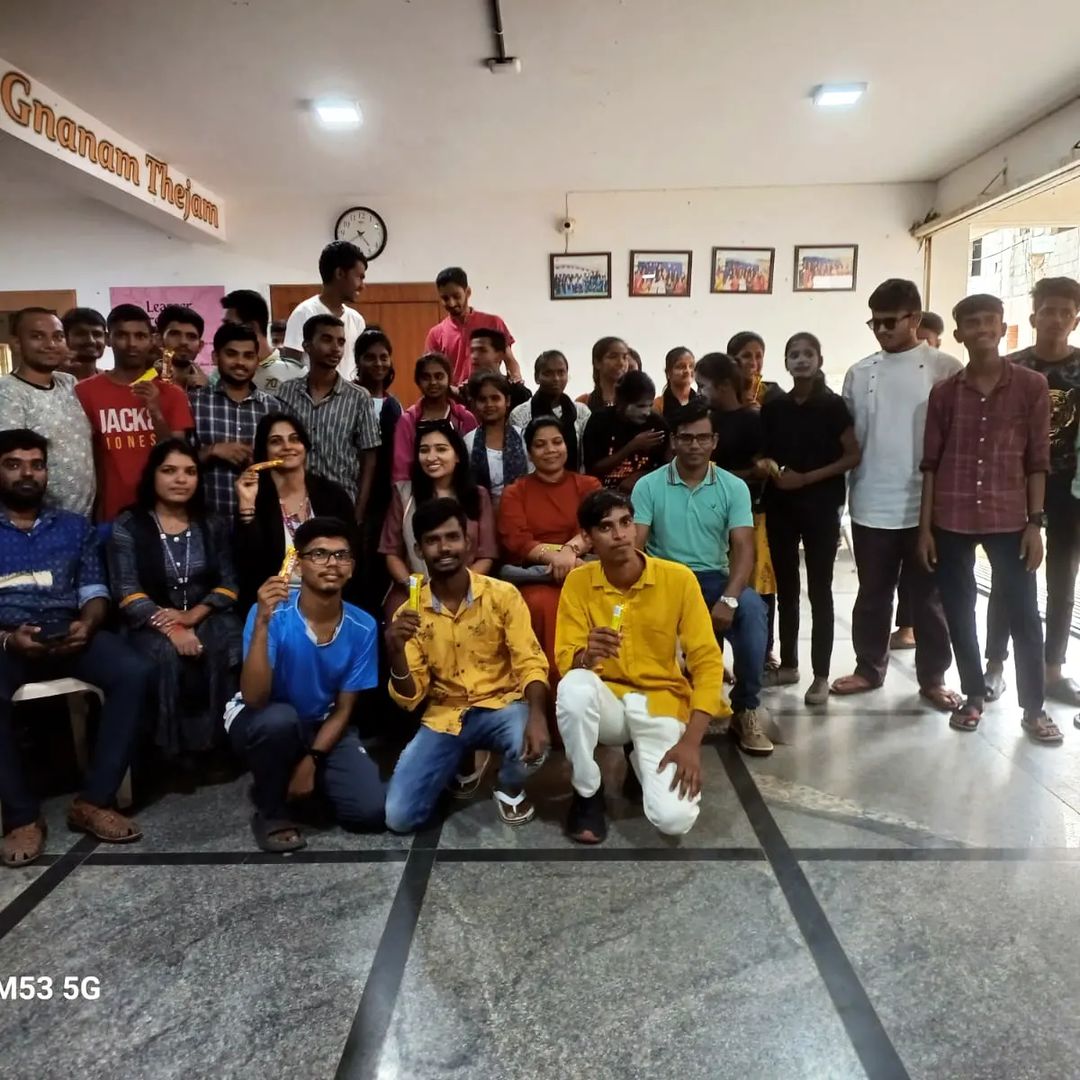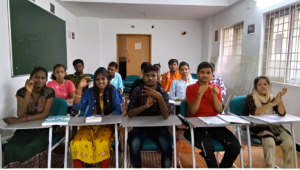In today’s rapidly changing world, the traditional education system often focuses heavily on academic achievements, neglecting the broader aspects of a student’s development. Holistic education seeks to address this gap by nurturing a child’s emotional, social, physical, and cognitive growth. By integrating these elements into the learning process, holistic education prepares students not only to excel academically but also to thrive in their personal and professional lives. This comprehensive approach empowers learners to become well-rounded individuals, capable of navigating the complexities of modern society.
One of the key components of holistic education at Oceanik Education Society (Charity) is fostering emotional intelligence. Understanding and managing one’s emotions, as well as empathizing with others, is crucial in today’s interconnected world. Holistic education encourages students to engage in activities that promote emotional awareness, such as mindfulness practices, collaborative projects, and discussions on social issues. By developing emotional intelligence, students can build strong relationships, improve their communication skills, and cultivate resilience—traits that are essential in both personal and professional settings.
Social skills are another critical aspect of holistic education. In a globalized world where teamwork and collaboration are increasingly important, students must learn to interact effectively with diverse groups. Holistic education at Oceanik promotes a sense of community and encourages students to participate in group activities, service learning, and cultural exchanges. These experiences not only enhance their social competencies but also foster a sense of belonging and responsibility toward society. By understanding different perspectives and cultures, students become more inclusive and adaptable—qualities that are invaluable in today’s workforce.
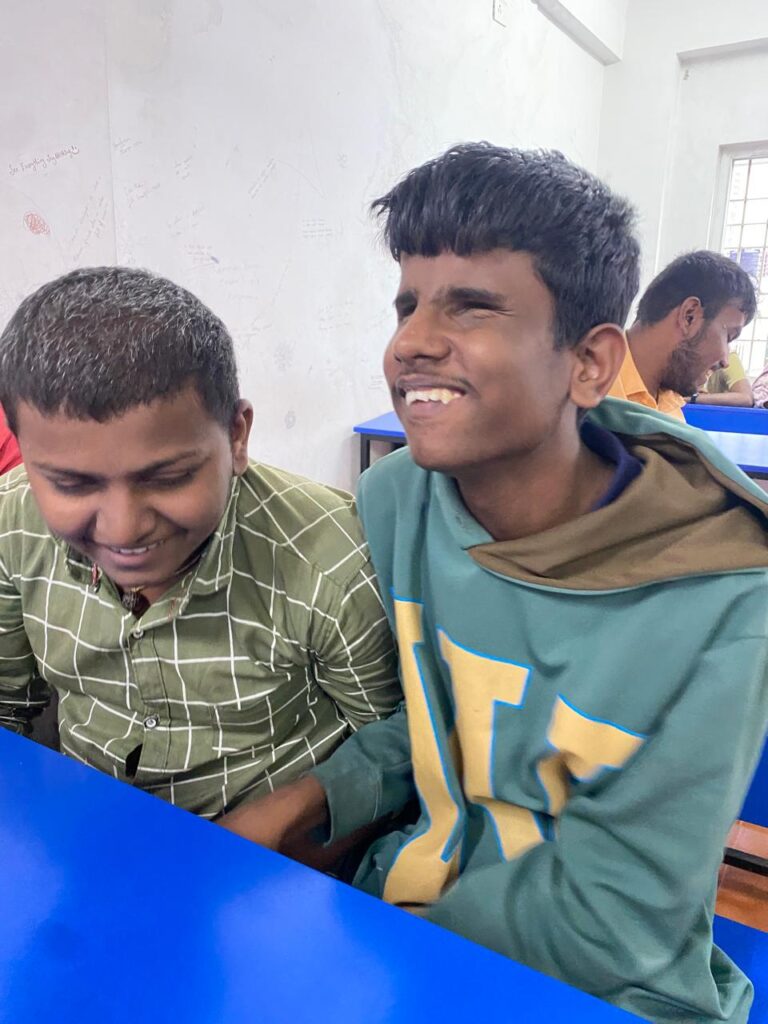
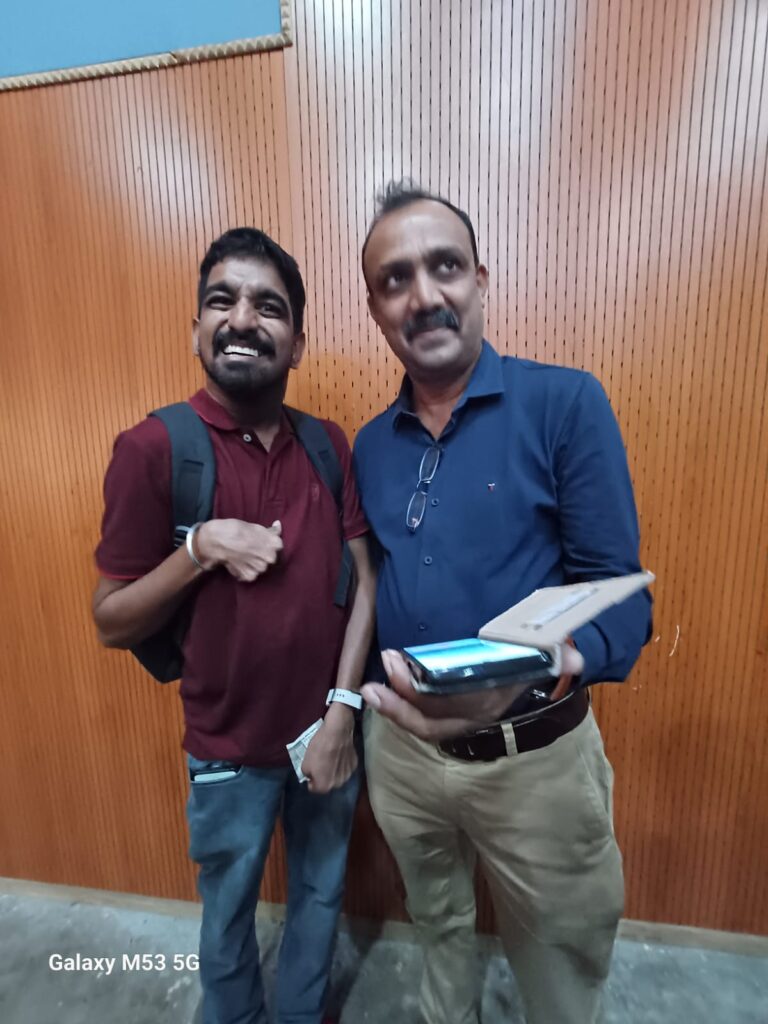
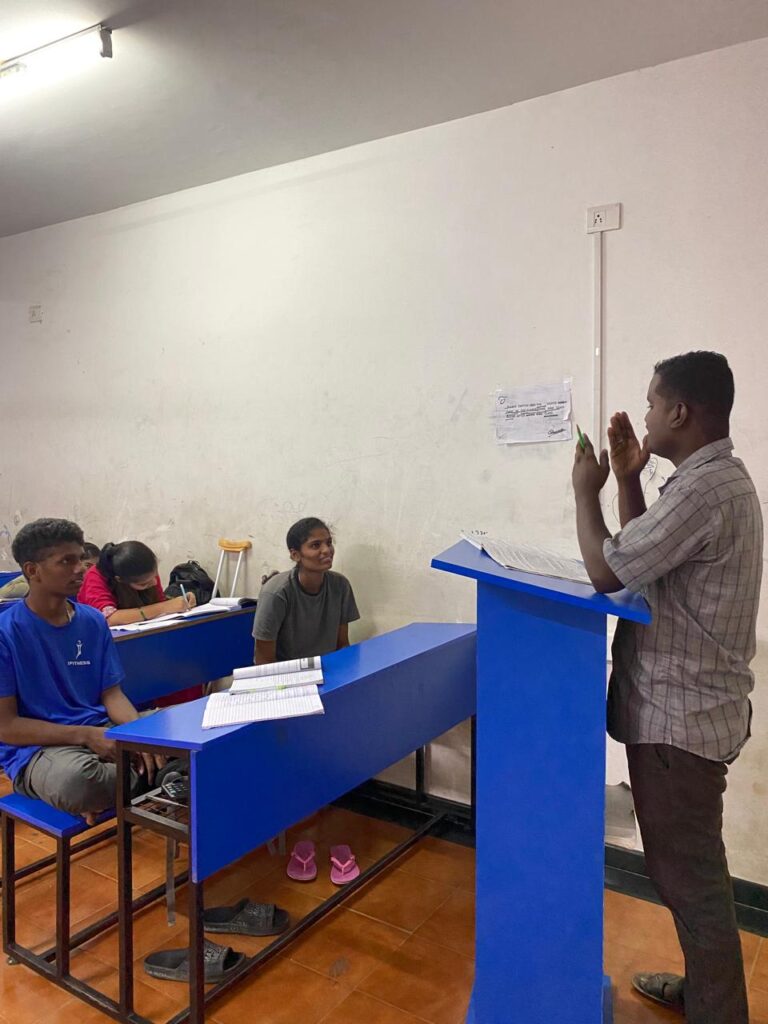
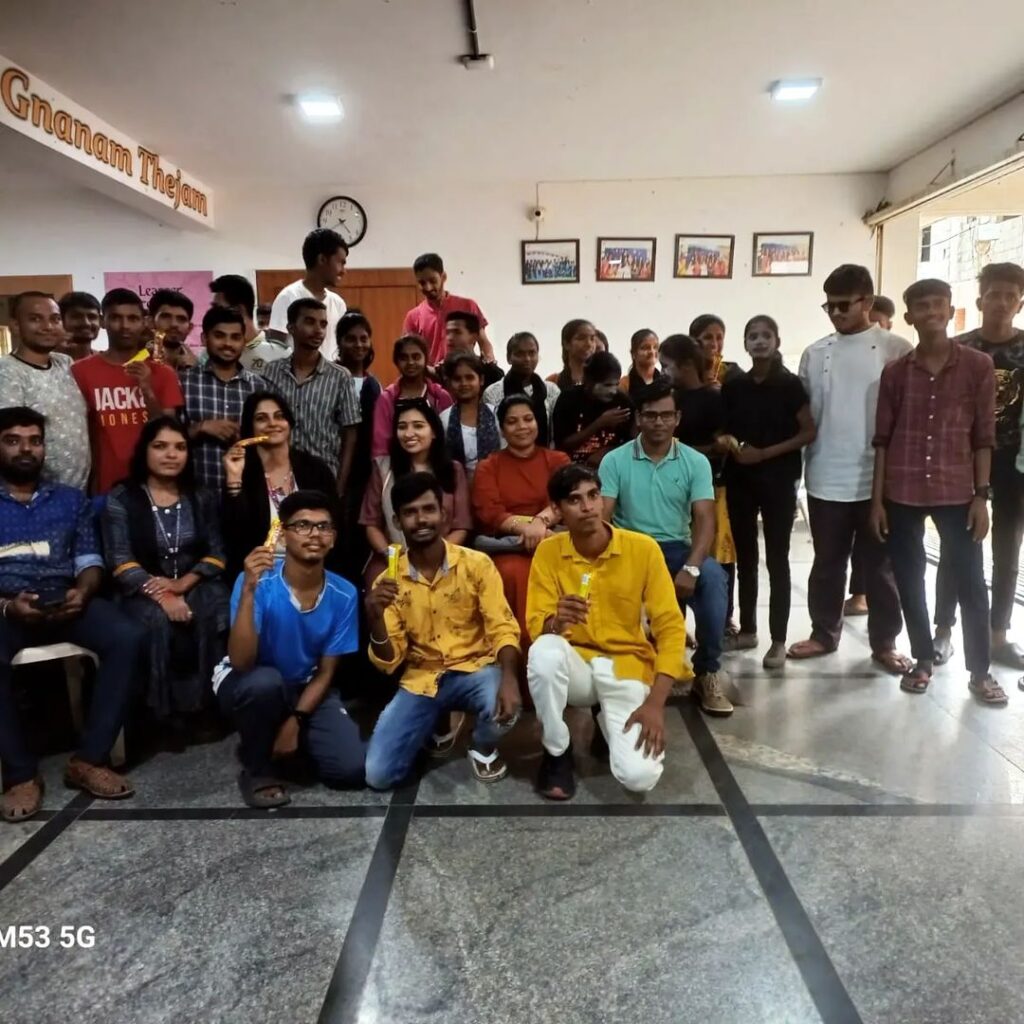
Physical health also plays a significant role in holistic education. A well-rounded education emphasizes the importance of physical well-being, recognizing that a healthy body contributes to a healthy mind. Schools that prioritize physical education, sports, and outdoor activities help students develop good habits and an active lifestyle. Additionally, incorporating nutrition education and mental health awareness ensures that students understand the connection between physical health and overall well-being. This holistic approach promotes lifelong wellness habits, essential for managing stress and maintaining balance in their lives.
Finally, holistic education encourages critical thinking and creativity, essential skills for navigating the challenges of the 21st century. By engaging students in interdisciplinary learning, problem-solving tasks, and innovative projects, educators at Oceanik Education Society (Charity) can foster a culture of curiosity and exploration. Students learn to think critically, approach challenges with creativity, and develop solutions that address real-world problems. This emphasis on creativity not only prepares students for future careers but also equips them to be proactive and resourceful citizens, capable of making meaningful contributions to society.
In conclusion, holistic education is vital in today’s world as it nurtures the diverse needs of students, preparing them for the complexities of modern life. By focusing on emotional, social, physical, and cognitive development, holistic education empowers learners to become well-rounded individuals. As educational institutions like Oceanik Education Society (Charity) embrace this approach, they contribute to shaping a generation of resilient, empathetic, and innovative leaders who can thrive in an ever-changing world.
